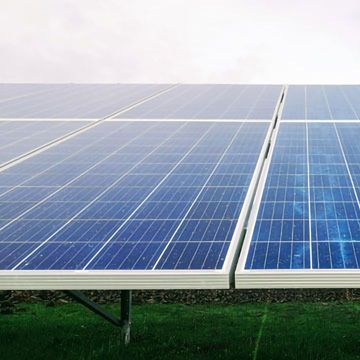When it comes to designing and building a photovoltaic (PV) installation, one of the key considerations is how to optimize the output of the solar panels. In traditional grid-tied systems, this is typically achieved by connecting multiple solar modules in series and using a string inverter to convert the DC output of the panels into AC power that can be fed into the grid.

While this approach can be effective, it does have some limitations. One of the biggest challenges is managing the mismatch between different panels in the array, as even very small differences in shading, temperature, or orientation can cause significant losses in performance. In addition, traditional inverters have limited flexibility in terms of controlling the output of individual panels, which can limit the overall efficiency of the system.
To address these challenges, many solar installers are now turning to a new technology: the solar panel optimizer. These devices work by optimizing the performance of each individual panel in the array, rather than treating the entire array as a single unit.
Solar panel optimizers operate by monitoring the output of each panel in real-time and adjusting the voltage and current to maximize the power output. This means that even if there are slight differences in shading, temperature, or orientation between panels, the optimizer can compensate and ensure that each panel is performing at its peak.
Another benefit of solar panel optimizers is that they can improve the safety of the system. By reducing the voltage and current fluctuations in the array, optimizers can help to prevent damage to the panels and other components, and reduce the risk of electrical arcing or fire.
Perhaps the biggest advantage of solar panel optimizers, however, is their ability to improve the overall energy output of the system. By optimizing the performance of each individual panel, optimizers can increase the overall efficiency of the array by up to 25%. This not only means higher energy yields, but also a faster return on investment for the system.
In addition to these benefits, solar panel optimizers are also easy to install and maintain. Many models can be retrofitted to existing solar arrays, making them a cost-effective and convenient way to improve the performance of an existing PV installation.
In conclusion, if you're looking to optimize the performance of your solar panels, solar panel optimizers are an excellent choice. By ensuring that each individual panel is performing at its best, optimizers can increase the efficiency and energy output of your PV installation, while also improving safety and reducing the risk of damage or fire. So if you're in the market for a new solar system or looking to improve the efficiency of an existing one, be sure to consider adding a solar panel optimizer to your set-up.
